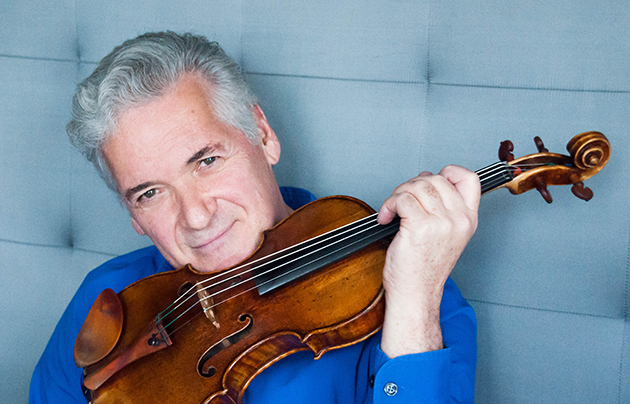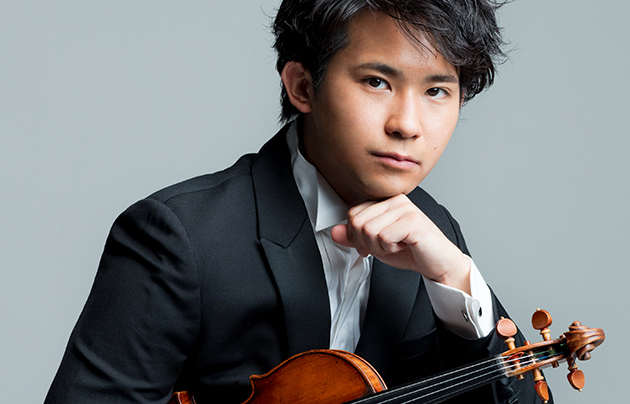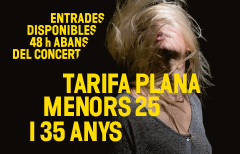Repertoire
Felix Mendelssohn: A Midsummer Night’s Dream in E major, Op. 21. Selection (1842) 15′
Felix Mendelssohn: Violin concerto in E minor, Op. 64 (1844) 29′
Johann Sebastian Bach: Double violin concerto in D minor, BWV 1043 (c. 1717-1720) 18′
Felix Mendelssohn: Symphony No. 4 in A major, “Italian”, Op. 90 (1833, rev. 1834) 28′
Artists
Barcelona Symphony Orchestra (OBC)
Fumiaki Miura, violin
Pinchas Zukerman, violin and conductor
Program
Bach’s music remained in relative oblivion for almost nearly eighty years. The fact that it has been able to be revered as one of the pillars of Western culture is, in large part, due to the revival work done by Felix Mendelssohn during the 1930s. Despite the legends describing this discovery as a fortuitous coincidence, Mendelssohn became acquainted with the music of the Bach family during his training at the Singakademie in Berlin, an entity focused on promoting the German sacred choral repertoire. In fact, the works of Mendelssohn’s youth — such as his chamber symphonies — owe much to the exuberant style of C.P.E. Bach, Johann Sebastian Bach’s second son. A stellar moment in the history of music is the rediscovery of the Passion According to St. Matthew under the baton of a young Felix Mendelssohn, in February 1829.
PROGRAMThe influence of Bach and the classical tradition is present in all of Mendelssohn’s music, as he was the most classical of all the Romantics. A Midsummer Night’s Dream, the Italian Symphony and the Violin Concerto are the three gems of his orchestral output, full of a lively, refined and powerful expression, and a radiant clarity.



